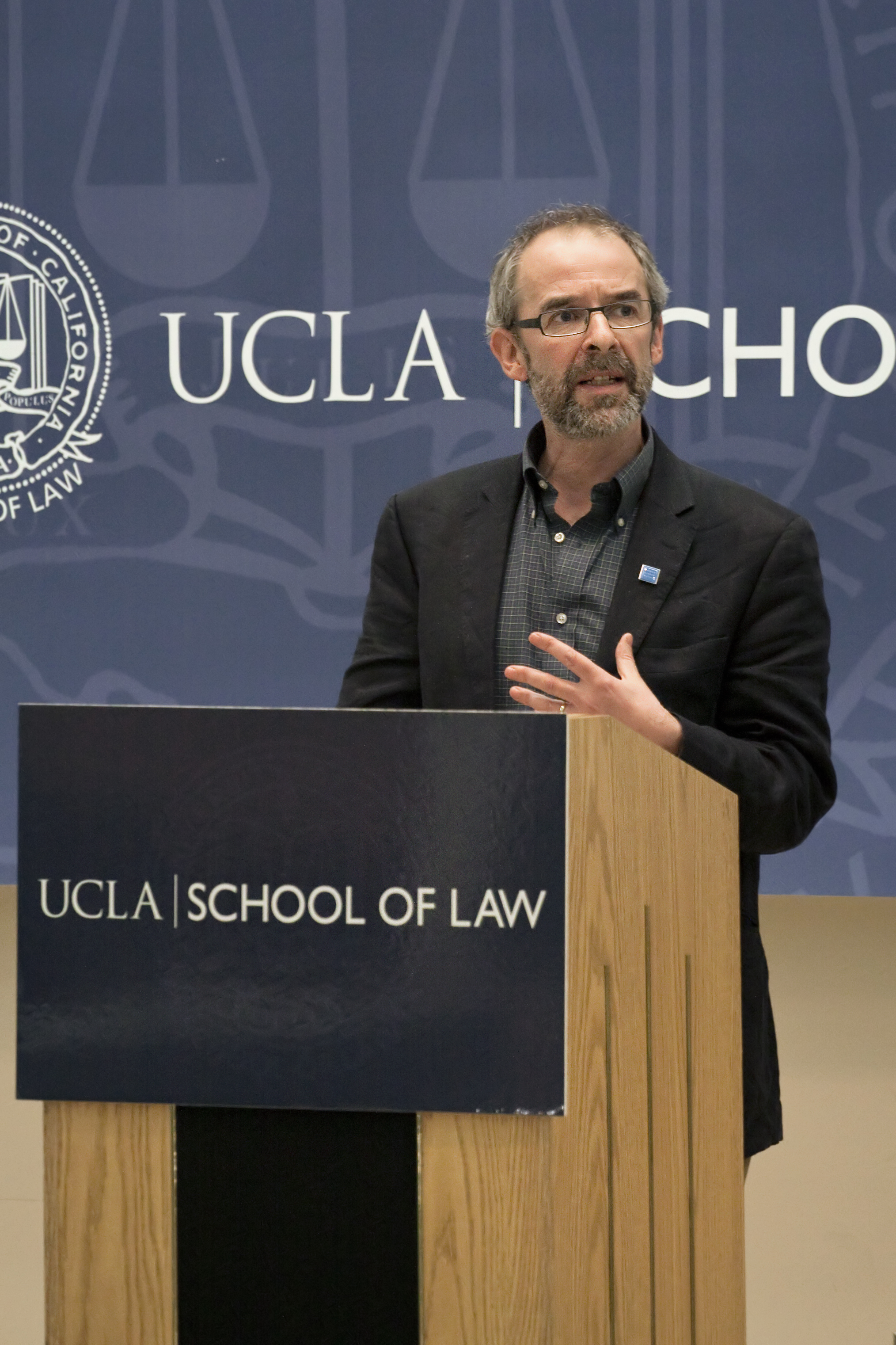With Egypt entering its 16th day of protests, 302 people have been killed and many more have been injured or arrested.
These statistics are being collected by Human Rights Watch, an international organization that is documenting the deaths and detainments of protesters, journalists and activists in the region.
Iain Levine, a director from the organization, spoke to UCLA students and faculty on Tuesday about its work in Egypt.
As the executive deputy director of research and programs for Human Rights Watch, Levine manages the organization’s researchers and reporters, who are currently deployed in more than 40 countries.
There are currently five Human Rights Watch activists in Egypt, including Daniel Williams, who was arrested and held by Egyptian authorities for 36 hours.
The organization will use its findings to put pressure on the Egyptian and U.S. governments to investigate possible human rights violations perpetrated by forces controlled by Egyptian President Hosni Mubarak.
According to Levine, the excessive use of military force to control protesters has been a standard throughout Mubarak’s regime.
“What we’re seeing happening now in Egypt is rooted in long-standing human rights violations … in the 30 years of Mubarak’s government,” he said. “We’ve called on the authorities to end organized attacks and allow Egyptian activists the right to assemble.”
But Levine said while the revolutions have been effective in destabilizing Mubarak, a complete overhaul of the current government is in no way guaranteed.
“We are concerned that the changes taking place are potentially cosmetic ones and not real ones,” he said.
One of the main points of discussion was U.S. aid to Egypt. The U.S. gives the North African country $1.3 billion annually in military aid. Levine said this may explain why key U.S. officials have resisted taking a stance on the protests.
“Egypt is the second-largest recipient of U.S. aid and has been a really strong ally. Having a democratic government will change that,” said Jessica Rutter, a first-year law student.
Rutter was one of about 40 people who attended the lecture, held at the UCLA School of Law. The mix of students and professors were attentive as Levine talked and answered questions.
Many of the questions focused on Egypt’s future, especially if Mubarak is removed from power before the upcoming elections.
According to law Professor Asli Bali, one of two things will probably happen.
Either a member of Mubarak’s regime, like current Vice President Omar Suleiman, will seize power, or a coalition of officials without ties to the current government will dissolve the current Cabinet.
“The main problem is how to deal with totally rigged elections,” said Bali, who is also a member of the Human Rights Watch Middle East and North Africa board of directors.
The Human Rights Watch will continue to publish information about rights violations and will keep activists in Egypt until the protests are over.
